“I decided to go to the Russian energy week, where I said on a stage in front of hundreds of people, including the deputy prime minister responsible for Russian energy and several heads of enormous energy companies: this war is bad; it has a dramatic impact on us and must be ended, and now, because every passing minute leads to more human sacrifice. Well, doing this demands a bit more courage than those who are shaking their fists from ivory towers in Brussels and Washington,” said Minister of Foreign Affairs and Trade Péter Szijjártó in his interview with weekly magazine Mandiner on Friday, on the one-year anniversary of the start of the war.
The Foreign Minister pointed out: when his Western “friends” mention that Hungary only calls out the West to advocate peace instead of arms shipments and sanctions, he call their attention to the fact that,
“it does not require much courage to yell at Moscow from here and there, from Brussels or Washington. But to go there and voice your position is a bit tougher.”
During the interview, they discussed working relations with the Polish, Ukrainian, and German foreign ministries. Péter Szijjártó said that in the Council of Foreign Affairs he was seated next to his Polish colleague so there was plenty of time to debate things. He added that the Hungarian ambassador in Berlin is in contact with the German Ministry of Foreign Affairs and Economy as well as the Chancellor's office.
“Regarding Ukraine: I have led this ministry since 2014 and since then I have worked with three different Ukrainian foreign ministers. We had continuous working relations with them, countless meeting and telephone calls. Since the outbreak of the war, my Ukrainian counterpart has not sought me out, but if he does, I will of course be at his disposal,”
– said the Foreign Minister.
He emphasized though that the Foreign Ministry is in contact with Transcarpathia’s leadership just as the Kiev Hungarian ambassador is with the Ukrainian ministries. “So, communication channels are functioning in all directions,” he affirmed.
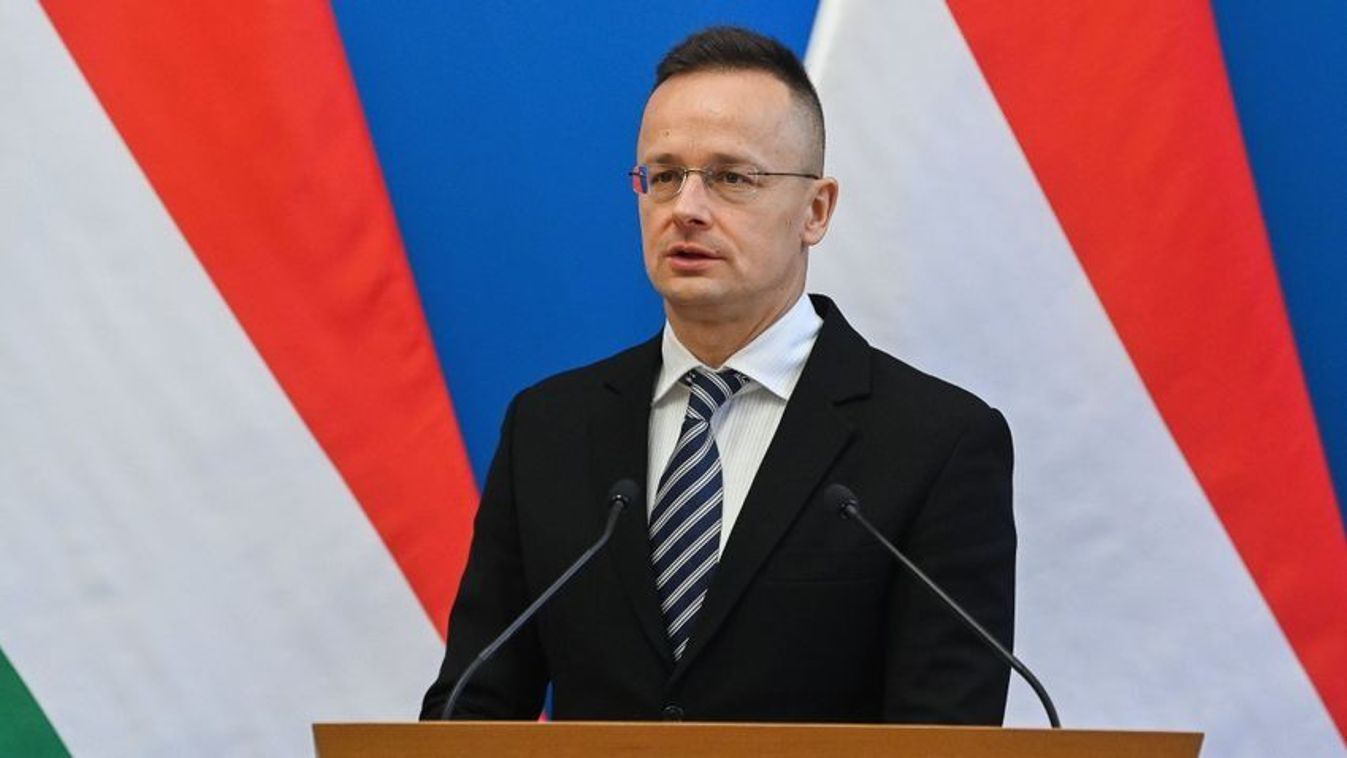
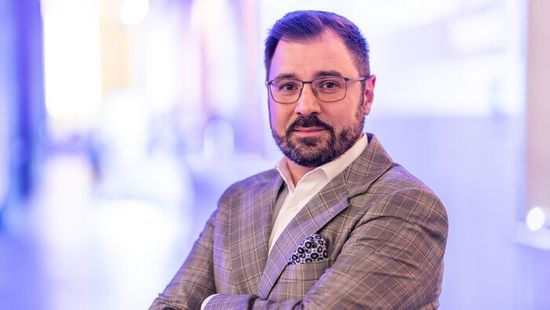
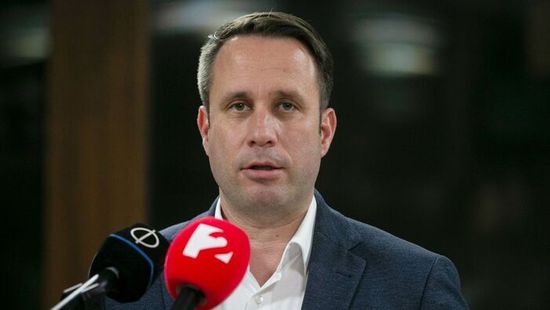
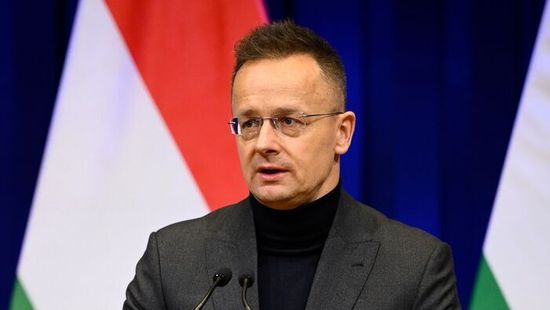


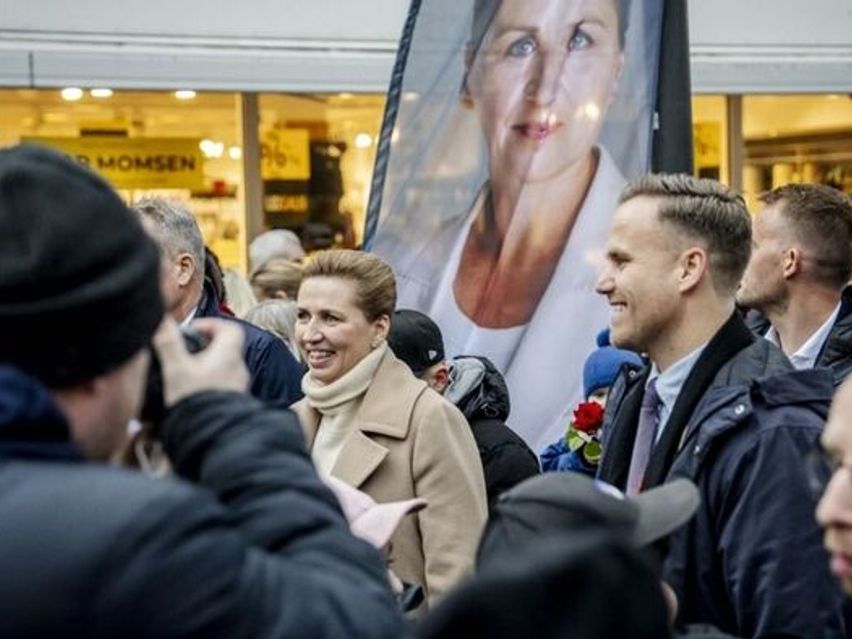
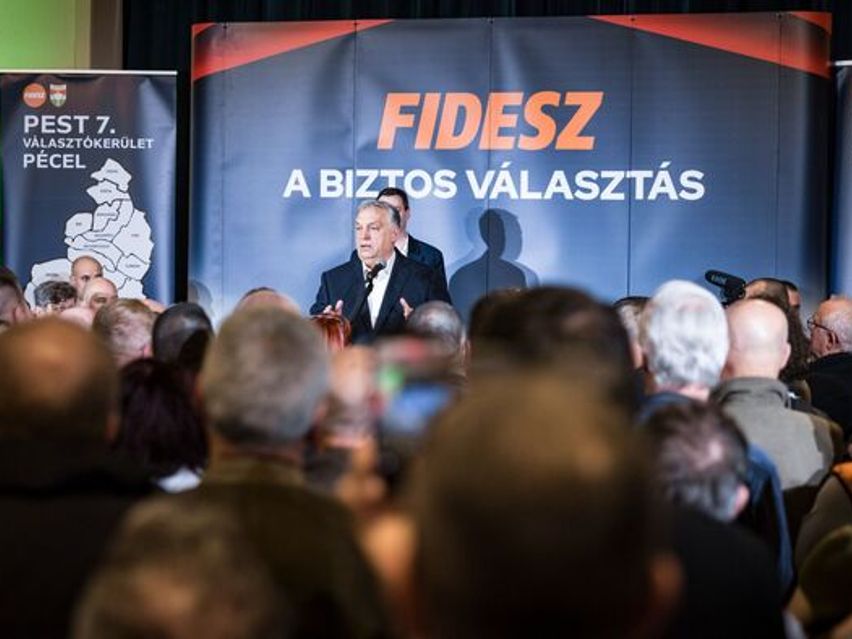
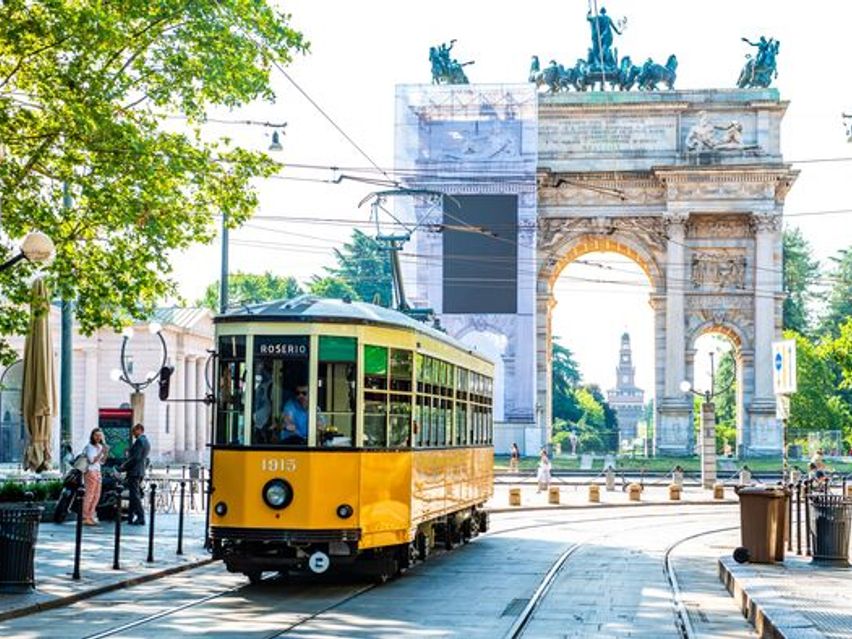


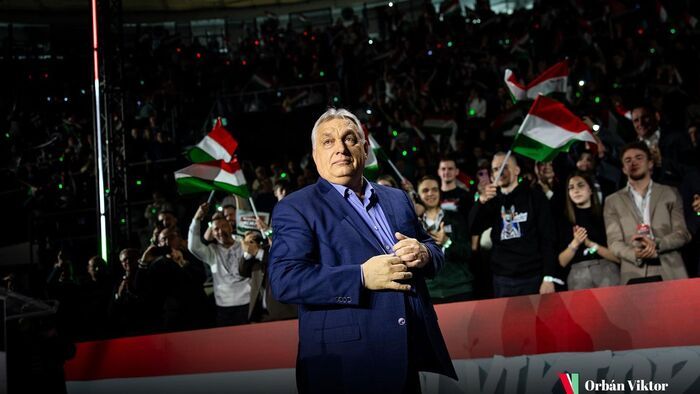

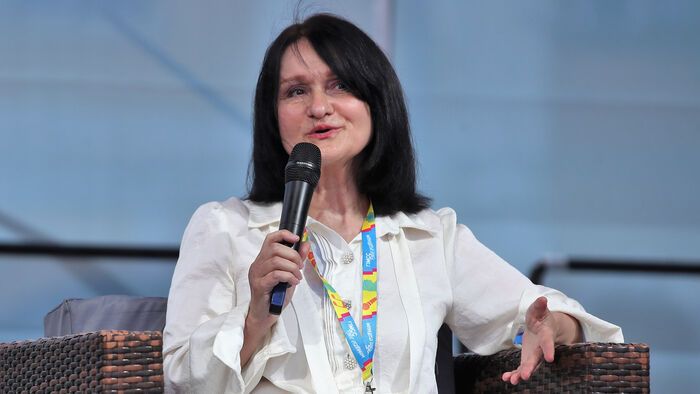
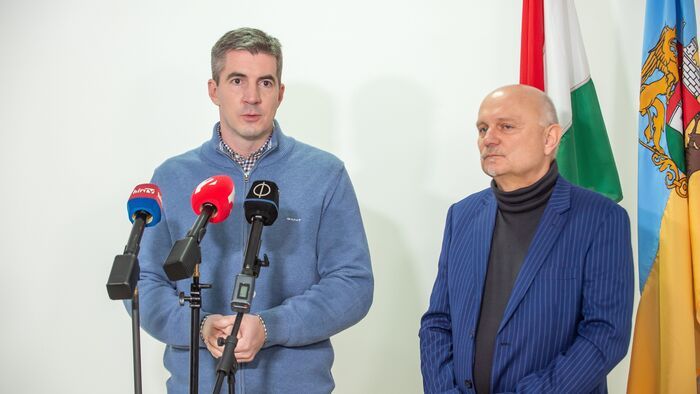
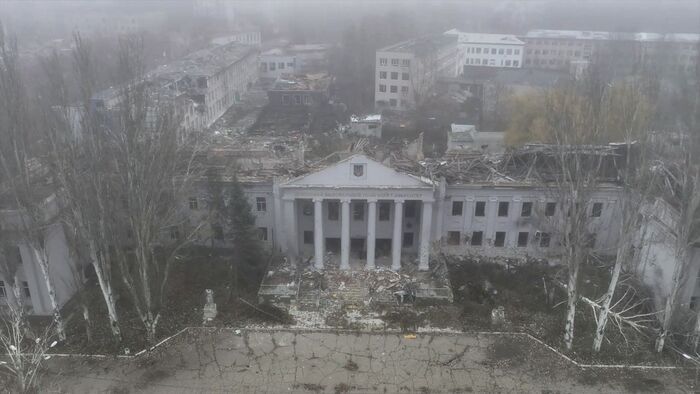
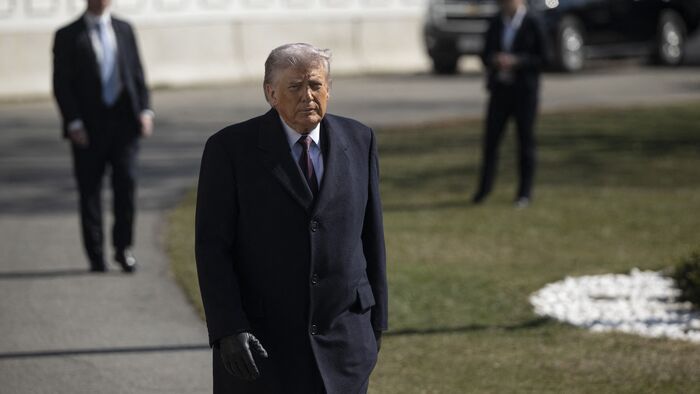
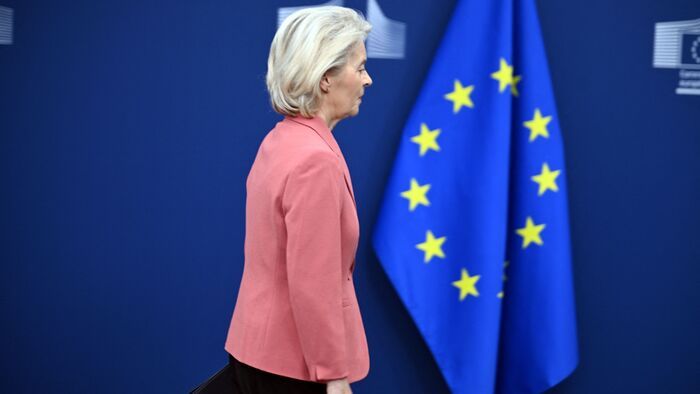


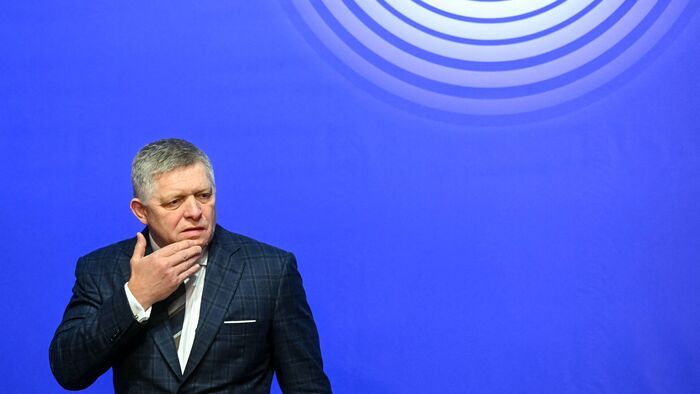


Szóljon hozzá!
Jelenleg csak a hozzászólások egy kis részét látja. Hozzászóláshoz és a további kommentek megtekintéséhez lépjen be, vagy regisztráljon!